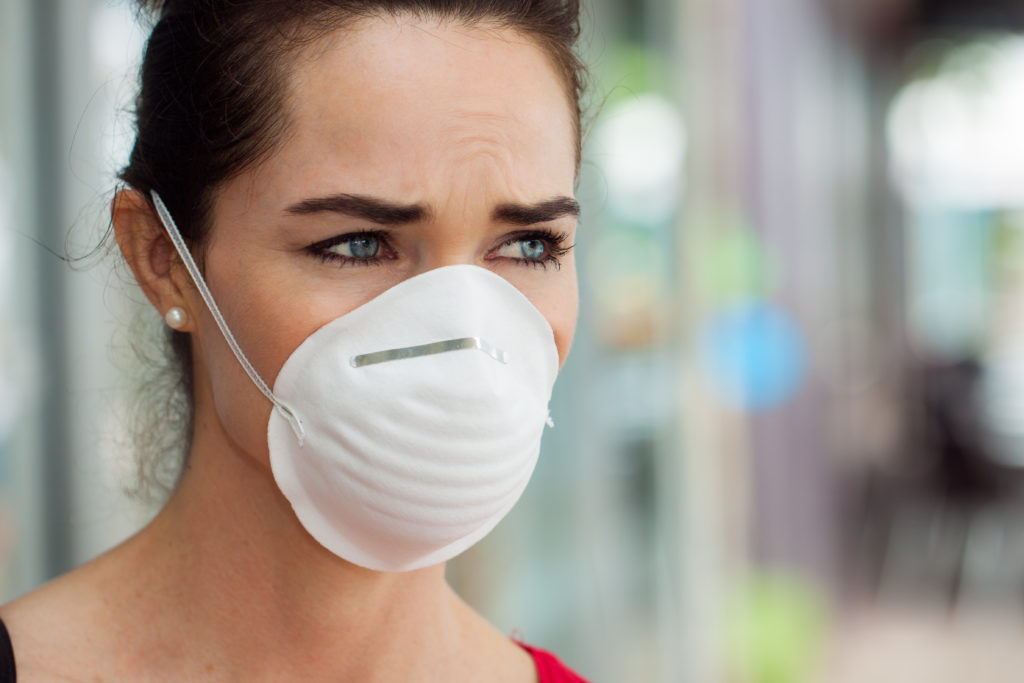We all have COVID-19 on the brain and it got me thinking about the role of high functioning integrated care teams in responding to the pandemic. Turns out, its pretty important. Here are my top 4 ways that integrated care teams can respond adaptively to the COVID-19 crisis. If you have some ideas of your own, let us know below.
Staying Calm & Centered
High functioning teams respond to crises with a sense of inner calm and team centeredness. This comes from not just individual confidence but a sense of team competence. This team competence is a result of clear roles on the team and each individual on the team knowing how they operate in the context of the team. The physician knows that when a patient comes into clinic with COVID-19 fears or even a confirmed diagnosis that they can provide expert counsel and education to the patient and then hand off aspects of communication clarification and emotional support to the Behavioral Health Consultant. The medical assistant knows what procedures to follow and who to work with in the clinic for a confirmed or suspicious case. The nurse knows what triage is needed and what follow-up care will look like. In short, each teammate operates at the top of their licensure because the team enables them to do so with confidence and freedom. This is the power of integrated care teams.
Refocusing On Core Values
I call this the Jimmy Stewart approach. In the 1946 Frank Capra movie, “It’s A Wonderful Life,” the character played by Jimmy Stewart helps his building and loan business survive by calming his investors with a speech on why they invested in the first place. He called them back to their core values in the midst of a financial crisis, reminding them that panicking or over-responding to the situation would be devastating to the community. Good teams do this.
Primary care, community mental health centers and hospitals have important roles in managing COVID-19, but that is not their reason for existence. Good teams in these settings will remind each other of their core mission and avoid getting overly distracted by noise in the midst of a crisis such that when the crisis passes they are able to return to their core work. Our health centers are inundated with COVID-19 work right now that is sucking organizational bandwidth. Good teams will communicate about how to balance efforts to respond to COVID-19 while staying true to their core vision.
Clear Communication
This is an obvious one. Good teams communicate effectively and bidirectionally. In other words, good teams actually talk, not just receive mandates from on high. In fact you will often find that good teams have redundant communication strategies such that team members can process and discuss plans in multiple venues, not just the one meeting on COVID-19 response planning. This is one of the benefits I have seen for clinics with integrated behavioral health: the behavioral health team members are often the ones pointing out the need for multiple layers of communication. For example, you may have a logistical meeting on a COVID-19 response that covers the protocols for suspicions cases, but did you talk with front desk staff about how they are feeling about working with patients with a visible cough?
Evolve: Learn New Skills Together
All responses to crises involve a form of evolution or learning of new behaviors. For COVID-19 this involves everything from more aggressive hand-washing habits to new protocols for working with suspicious cases. High functioning teams have a culture of learning that is non-punitive and self-reinforcing. In other words, teammates will help each other adopt the new behaviors in non-punishing ways. This may be something as simple as reminding someone to wash their hands after seeing a patient (should be happening anyway, but we forget!) or something more complex like a team member coming up with an idea for an adjustment to a clinic protocol. The idea is that the more communal a behavior(s) is, the more it represents an evolution within the team versus a compliance issue. Good teams know how to incorporate changes into their team culture.
COVID-19 is a challenge on many levels to all of us, and once again the power of integrated care teams is made evident. I love working on these teams for this very reason: when tough challenges come, the team is ready. For some of you this crisis may be an opportunity to bolster your teams and shore up some of these team characteristics and skills. And in case you want some more on high functioning teams, check out this blog and this presentation from one of our annual conferences.
Now, go be a good teammate!


Excellent reminder!! Thanks Neftali
Thanks for being the frontline support for everyone out there!